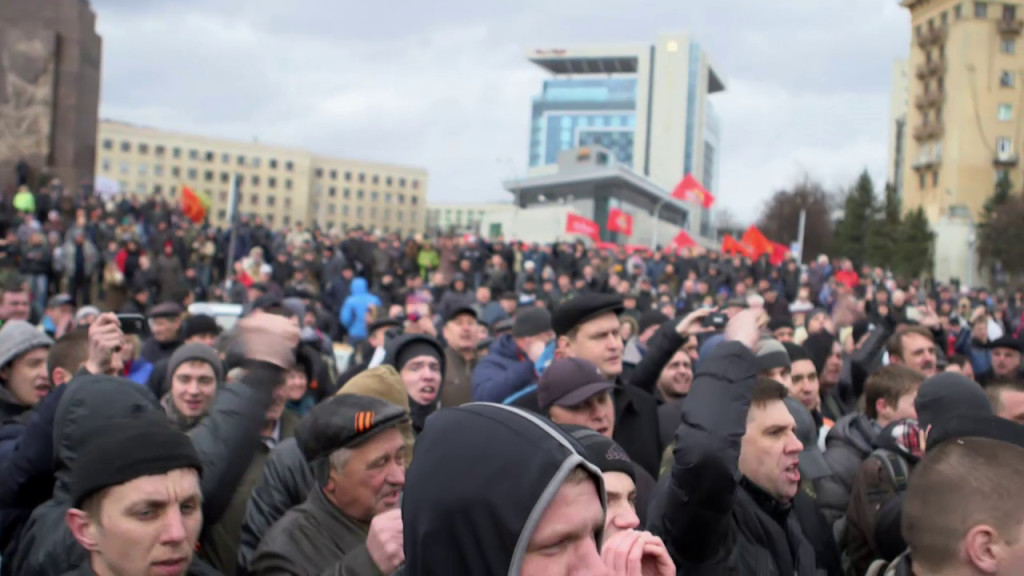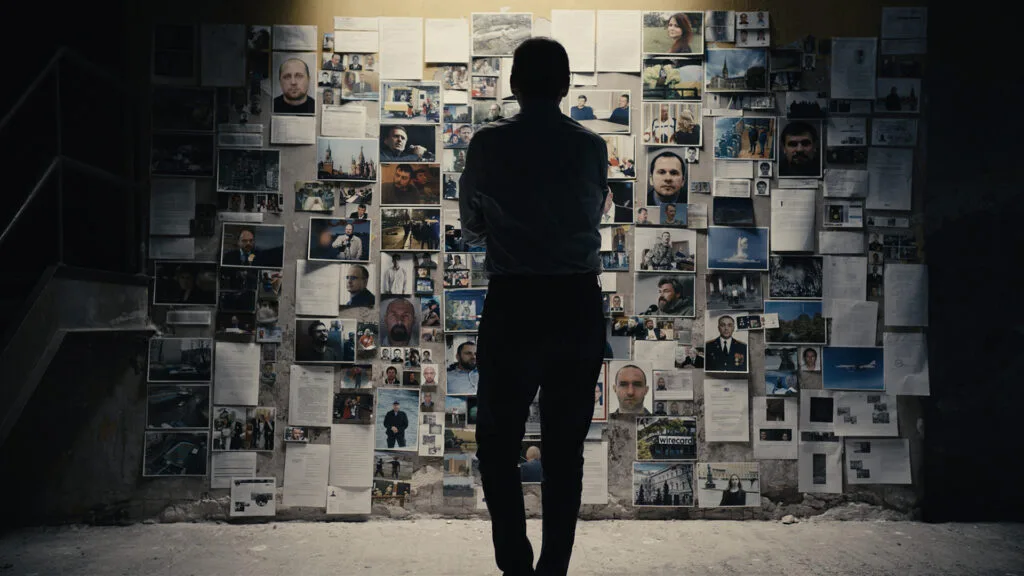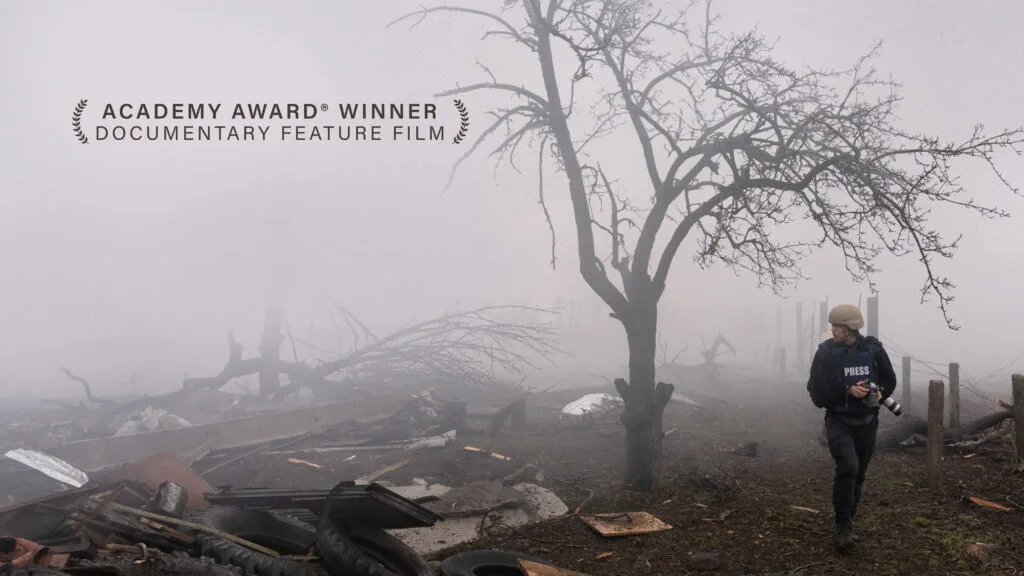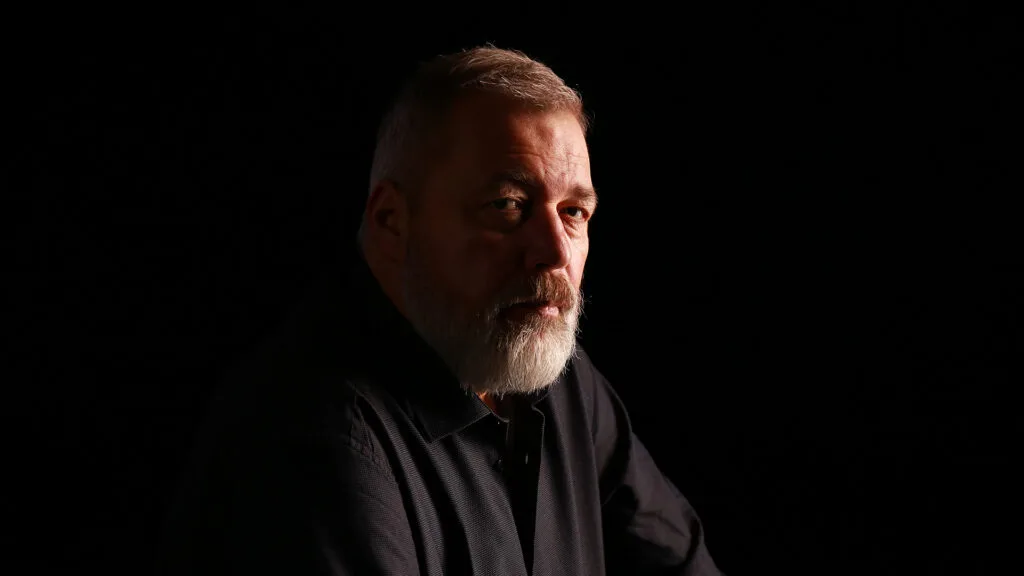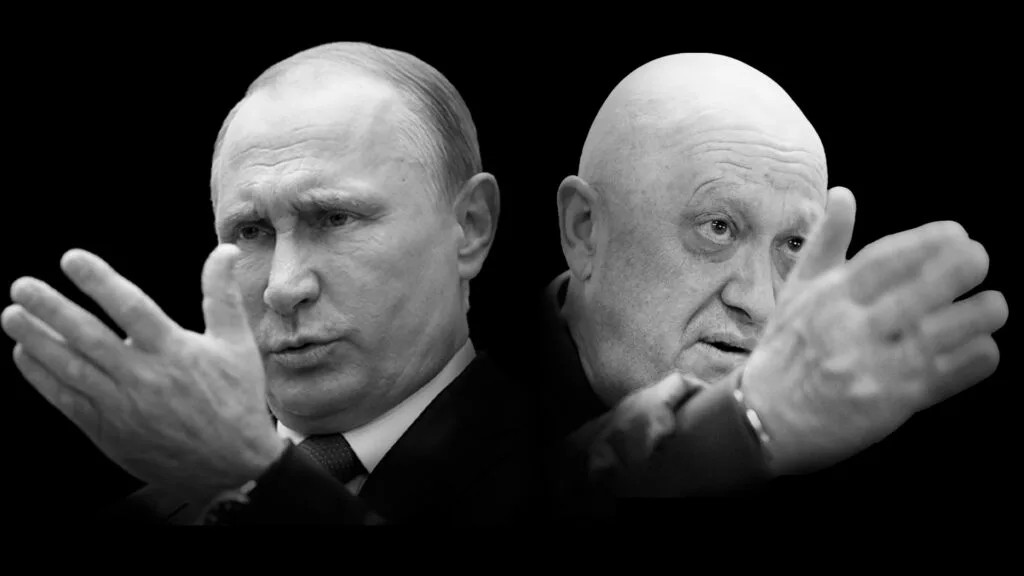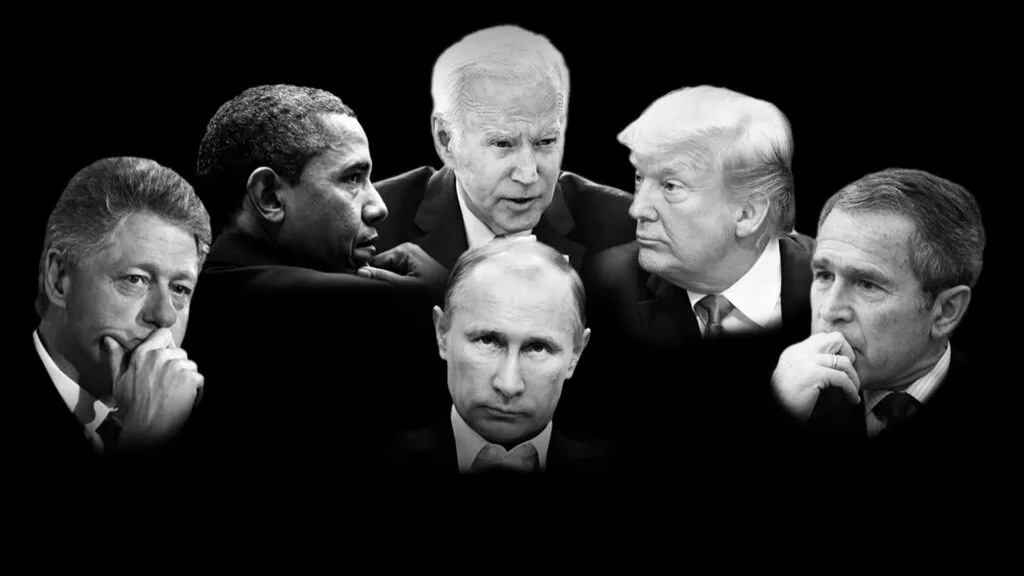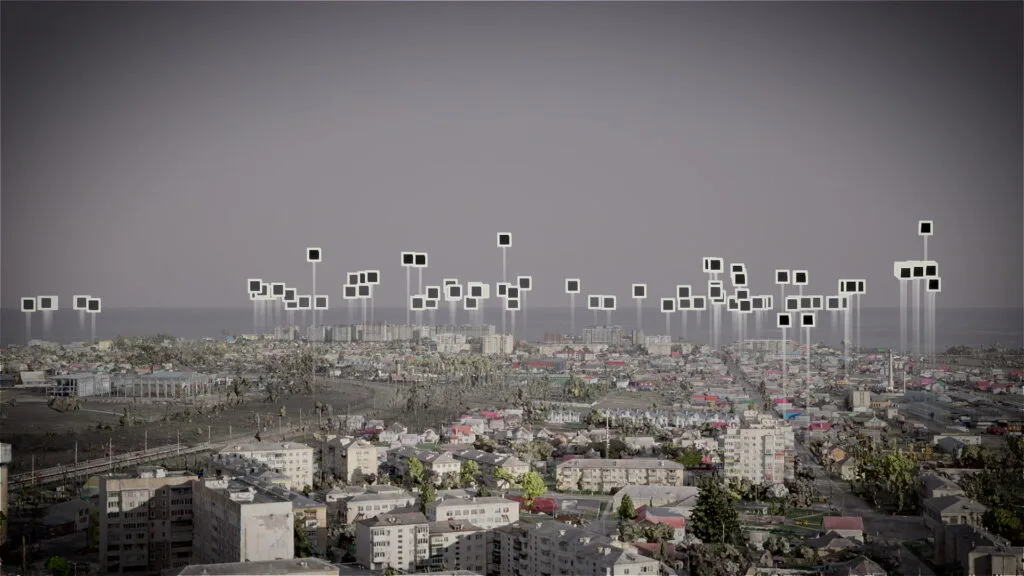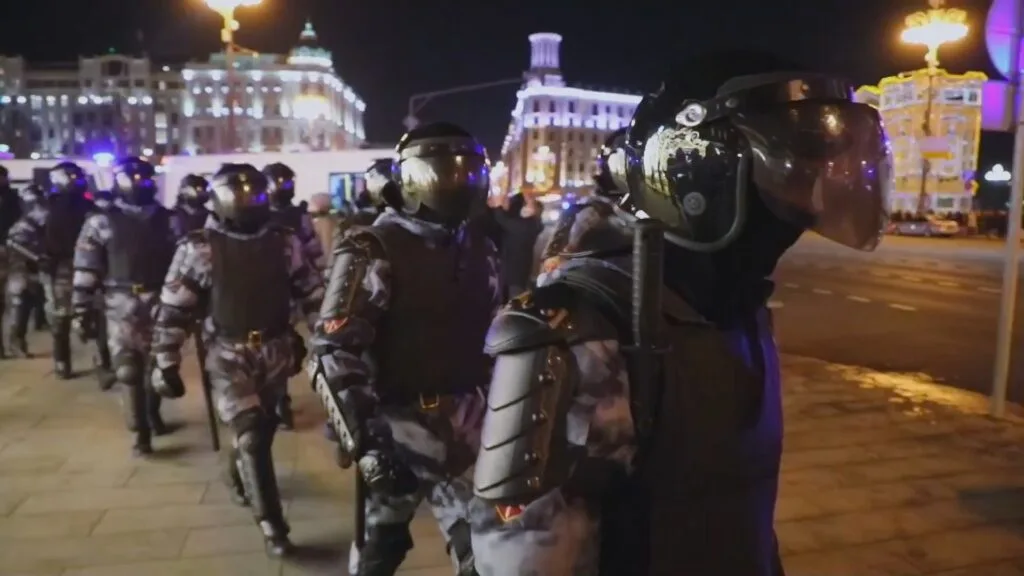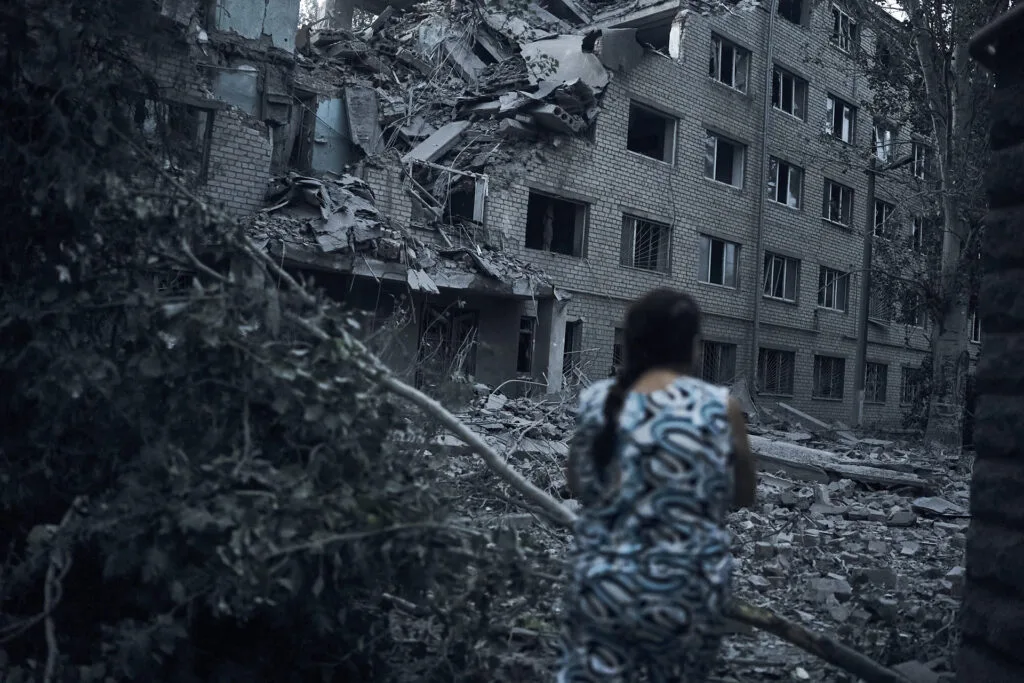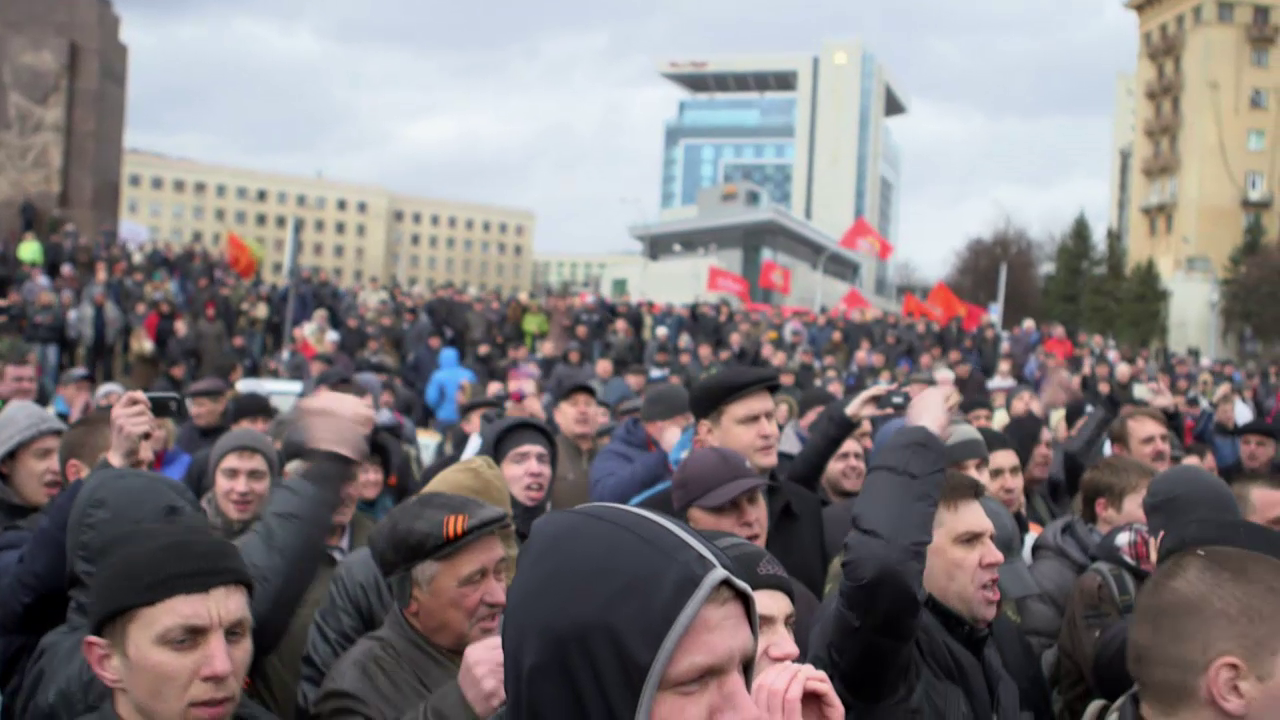Putin Remains Defiant As Russian Economy Wavers
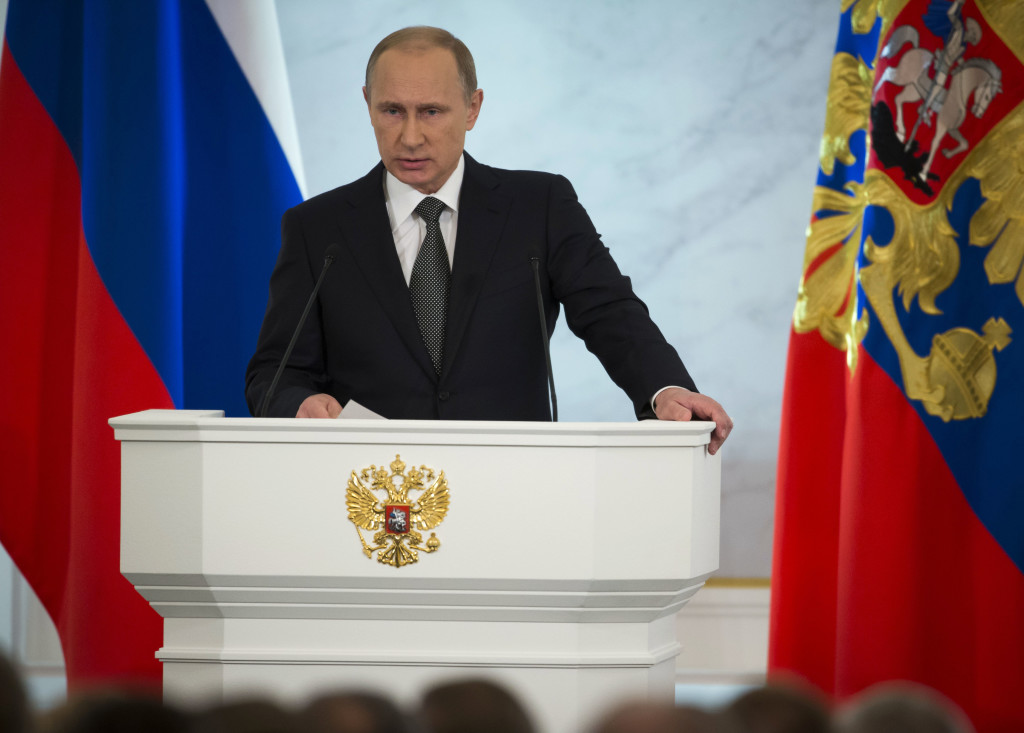
December 4, 2014
Share
President Vladimir Putin delivered his state of the nation address on Thursday at a particularly difficult time for Russia.
The nation’s economy has suffered due to a steep drop in oil prices and Western sanctions taking effect. On Monday, Russia’s currency — the ruble — hit new lows. It has since recovered slightly, but has dropped more than 40 percent in 2014. On Tuesday, the economic development ministry acknowledged that Russia stood on the edge of a recession.
Yet despite continuing economic and diplomatic pressure from the West, Putin remained defiant in a speech heavily focused on foreign policy. He defended Russia’s annexation of Ukraine’s Crimea region in March saying it held “sacred meaning” for his country.
He criticized the West over the conflict in Ukraine and over sanctions put in place by the United States and the European Union in response to the Crimea annexation.
“The policy of containment was not invented yesterday. It has been carried out against our country for many years, always, for decades, if not centuries,” Putin said, in reference to the sanctions. “In short, whenever someone thinks that Russia has become too strong or independent, these tools are quickly put into use.”
He said the West would have found another reason to “contain Russia’s growing capabilities,” even if the Ukraine crisis had not happened.
“However, talking to Russia from a position of force is an exercise in futility, even when it was faced with domestic hardships, as in [the 1990s and early 2000s].”
Putin did warn Russians of difficult times ahead, but presented the economic situation as an opportunity.
“We have a huge internal market and resources … capable, intelligent people,” he said. “Our people have demonstrated national strength, patriotism — and the difficulties we are facing create new opportunities.”
His proposals to bolster the economy included a policy allowing those with offshore accounts to bring money back into Russia with no questions asked, a four-year freeze on tax rates and a pushback against “speculation,” which he blamed for the ruble’s fall.
On Wednesday, ahead of the speech, U.S. President Barack Obama said Putin was unlikely to change his stance on Ukraine until he faced domestic pressure within Russia.
“If you asked me, am I optimistic that Putin suddenly changes his mindset, I don’t think that will happen until the politics inside of Russia catch up to what’s happening in the economy inside of Russia, which is part of the reason why we’re going to continue to maintain that pressure,” Obama said.
Observers were looking for any softening in Putin’s stance since low oil prices and sanctions began taking a toll on the Russian economy, but his strident tone suggests Putin may be preparing to double down on his policies.
As Michael A. McFaul, who served as the U.S. ambassador to Russia from January 2012 to February 2014, explained to FRONTLINE in May:
[When Putin ran for president] tens of thousands and sometimes hundreds of thousands of Russians were protesting against the Russian regime. And they were nervous. And so they decided that they needed a new strategy, and they needed a new enemy, us, to rally his electoral base until election, and to discredit the opposition, to characterize them as being puppets of the United States.
He wants a strong Russia that is economically vibrant, militarily secure and a major player in the international system.

Related Documentaries
Latest Documentaries
Related Stories
Related Stories
Explore
Policies
Teacher Center
Funding for FRONTLINE is provided through the support of PBS viewers and by the Corporation for Public Broadcasting, with major support from Ford Foundation. Additional funding is provided the Abrams Foundation, Park Foundation, John D. and Catherine T. MacArthur Foundation, Heising-Simons Foundation, and the FRONTLINE Trust, with major support from Jon and Jo Ann Hagler on behalf of the Jon L. Hagler Foundation, and additional support from Koo and Patricia Yuen. FRONTLINE is a registered trademark of WGBH Educational Foundation. Web Site Copyright ©1995-2025 WGBH Educational Foundation. PBS is a 501(c)(3) not-for-profit organization.
